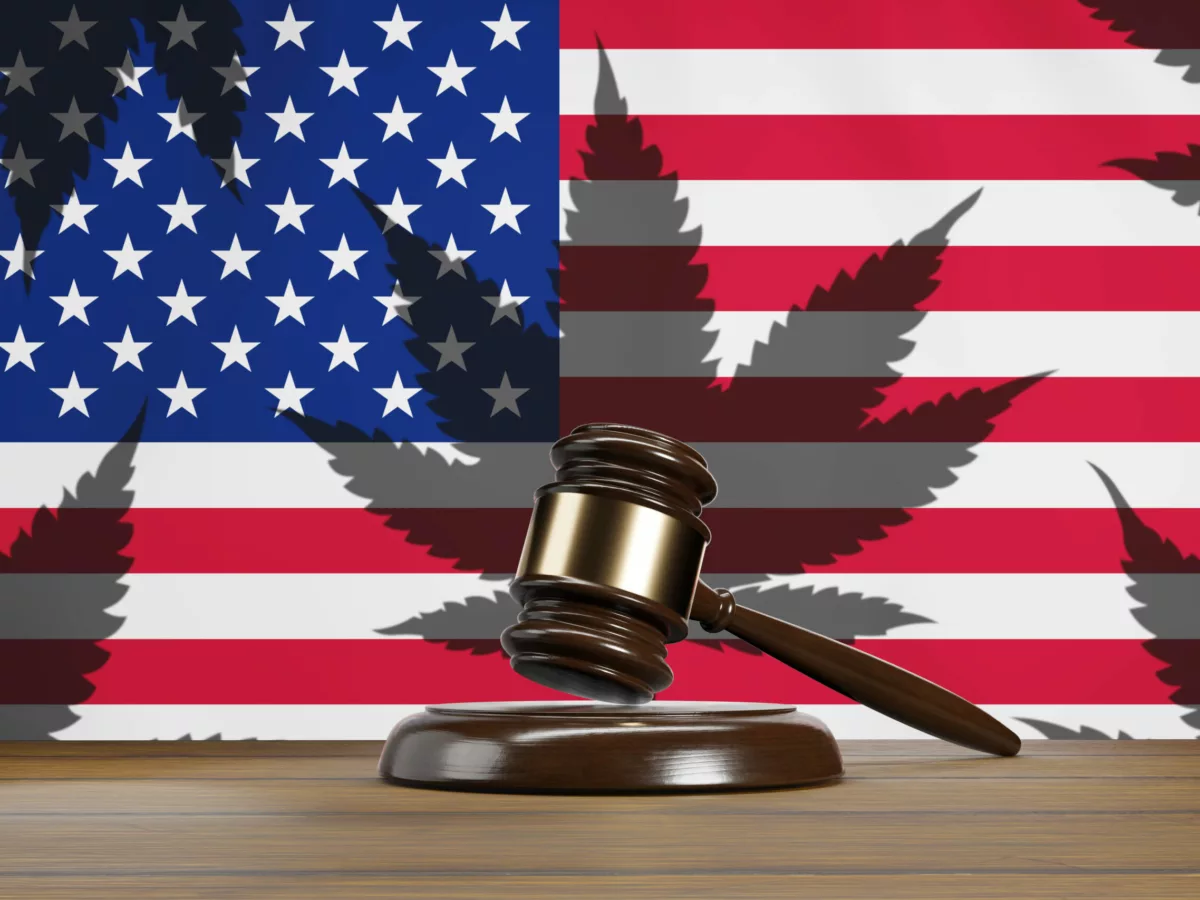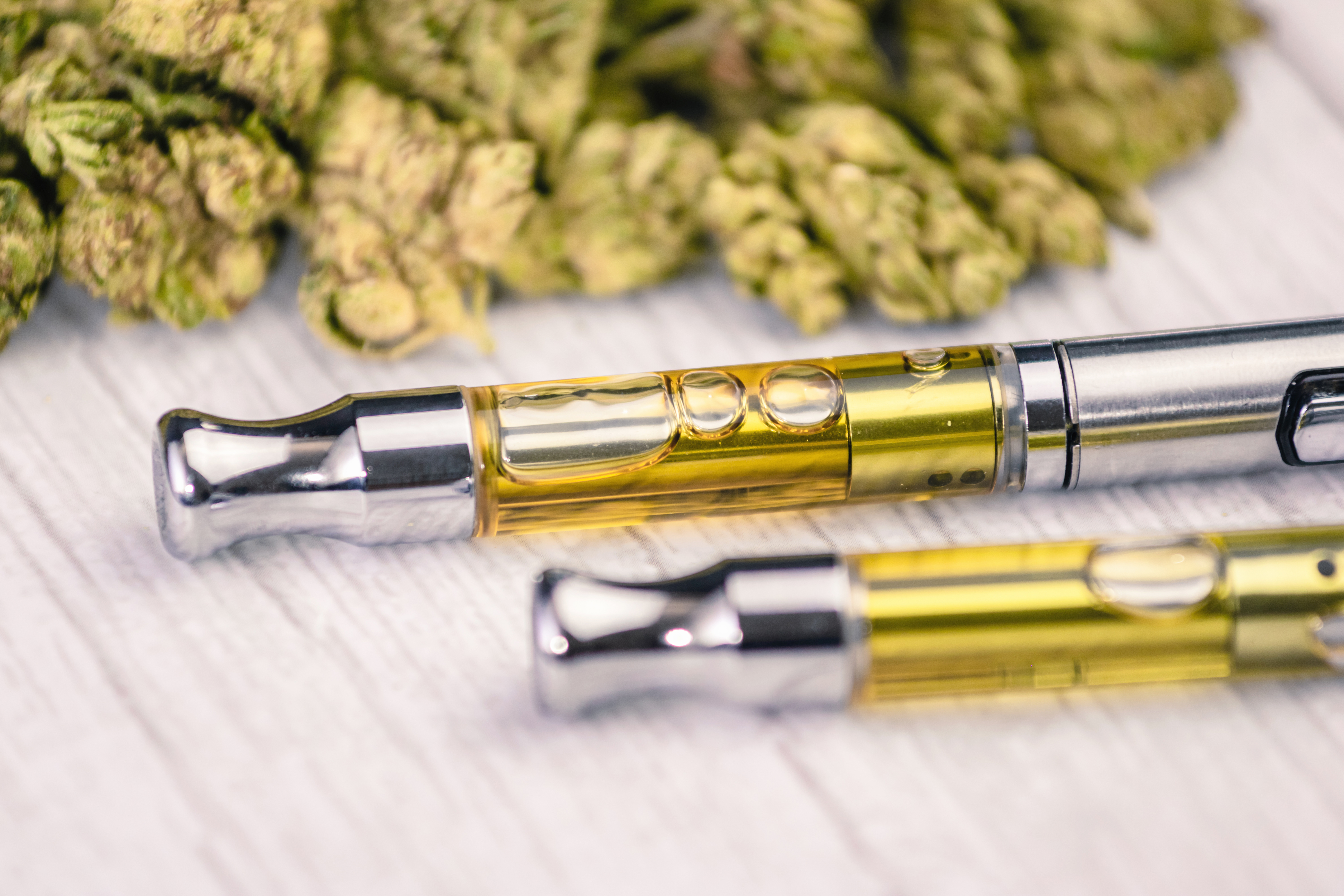Early last month, West Virginia’s Office of Medical Cannabis (OMC) within the Department of Health and Human Resources announced that it had approved the first 10 medicinal cannabis grower permits out of a total of 39 applicants.
Medicinal cannabis was approved in 2017 after West Virginians voted in favor of it but the program is just now beginning to get off of the ground. It is likely the program will be operational by spring of next year. The list of approved grower permits is as follows: Armory Pharmaceutical of Maryland; Blue Ridge Botanicals of Texas; Buckhannon Grow of Ohio; Columbia Care of New York; Harvest Care Medical of Maryland; Holistic Industries in Massachusetts; Mountaineer Holding of West Virginia; Mountaineer Integrated Care of Pennsylvania; Tariff Labs of West Virginia; and Verano Holdings of Illinois.
What is immediately clear is the overwhelming number of out-of-state growers given permits with only Mountaineer Holding and Tariff Labs being based in the state. The other eight companies will be growing in West Virginia but are based elsewhere. Mountaineer Holding is in Kanawha County with its farm in Belle and offices in Charleston and Tariff Labs is in Roane County, with a farm in Left Hand and offices in Spencer.
West Virginia’s The Intelligencer and Wheeling News Register spoke to the OMC Director Jason Frame who explained that being in-state or out of state was not part of the process for determining who was approved but also claimed, that“actually four of the 10 selected growers are majority owned by West Virginians.” An interrogation of the decision-making process in West Virginia and who was left out has happened in many other states that have embraced medicinal cannabis. In an industry that has been framed for its ability to boost economies based on a plant that remains federally illegal and continues to incarcerate people, it only makes sense. Maryland’s medicinal cannabis industry has been confronted with questions about its lack of diversity and that lack has even slowed down the industry’s growth. And already, some growers who were not approved are asking what a cannabis industry in their state looks like when it does not prioritize local businesses.
The Intelligencer also spoke to the owner of one rejected growing company, Redbud Hill Naturals LLC about the problems of limited local representation. Namely, it means less local jobs, Redbud Hills Naturals owner Mike Weaver explained.
“My whole motivation was to create a bunch of new jobs up here in our area,” Weaver said. “I intended to concentrate on young people and hire as many young people as I could to give them jobs here, so they don’t have to go to another county or another state to get employment. We were going to do a tremendous amount of good with this.”






